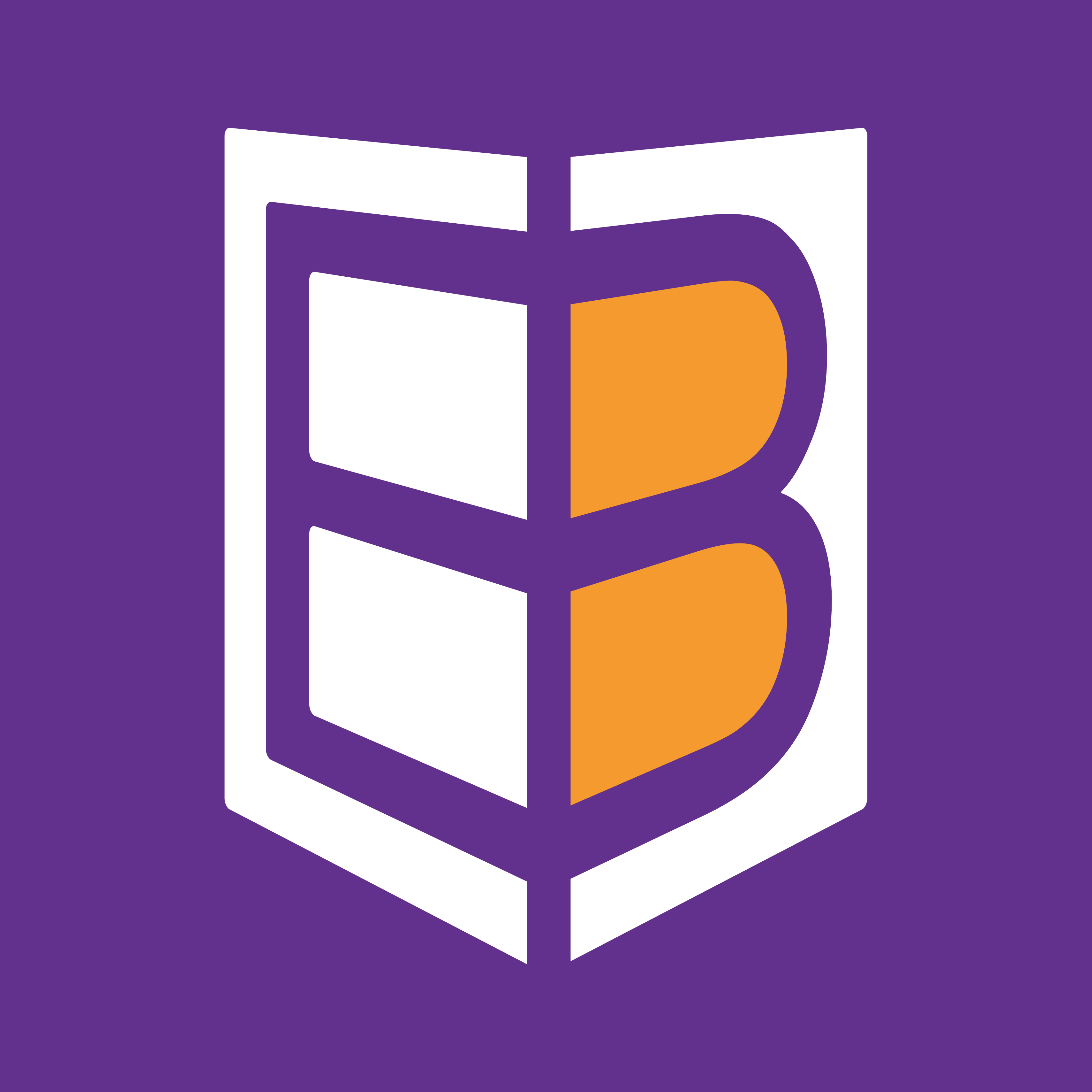ABSTRACT
Objective:
User surveys show that children are consuming and producing content in digital informational environments that sometimes disregard and other times exploit their vulnerabilities or needs. These are environments where a new type of economic system operates, which seeks to modulate people's behavior by monetizing data through continued surveillance. In this sense, the objective of this paper is to present grounds and proposals about why and how childhoods need to be acknowledged by Information Science.
Methods:
This article uses theoretical research based on literature as a method. Here, Benjamin's critique of metaphysical and instrumental approaches is taken as a starting point, and the child is seen as a social being under construction, with its own languages, cultures and knowledge. The issue is approached based on the view of the child as a subject who, since its early years, is determinant and historically determined. Childhood is seen as an important part of a historical moment.
Results:
As a result of our theoretical analysis, we highlight possibilities of using critical information theory to compose diagnoses and propose the path of critical information literacy that, hand in hand with critical theory and critical pedagogy, aims to provide children with a critical awareness in favor of their autonomy as an individual.
Conclusions:
this study concludes that Information Science has important conceptual bases and sufficient analysis tools to support the development of emancipatory practices for contemporary childhoods.
KEYWORDS:
Childhoods; Information Science; Ideology; Critical Information Theory; Critical Information Literacy
